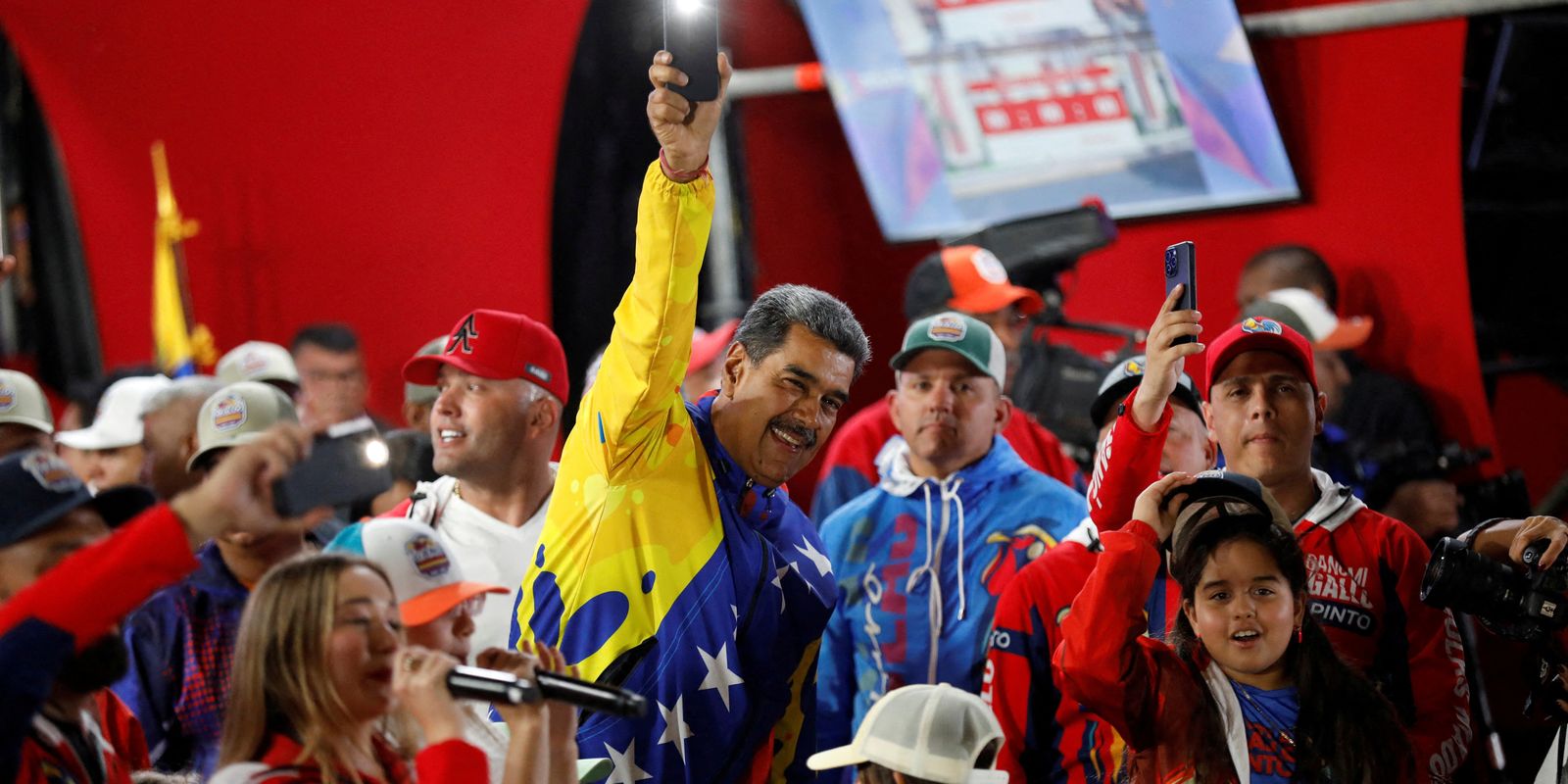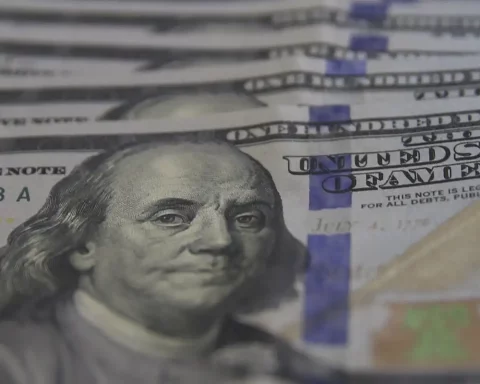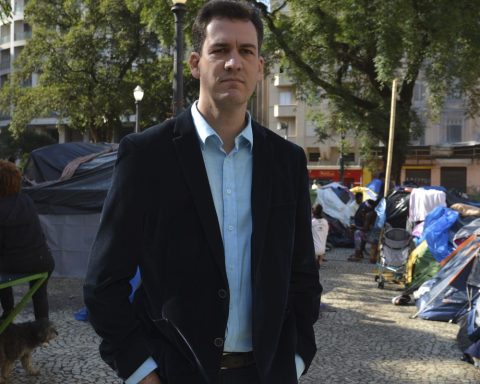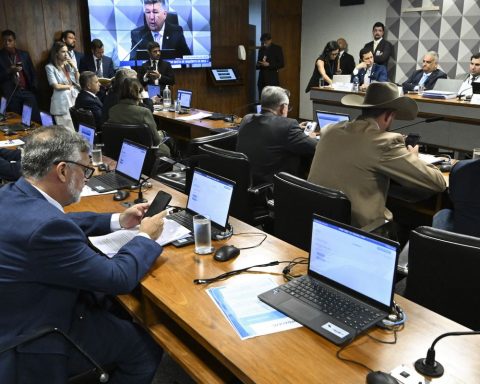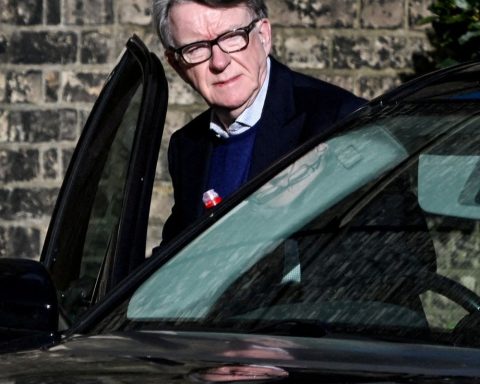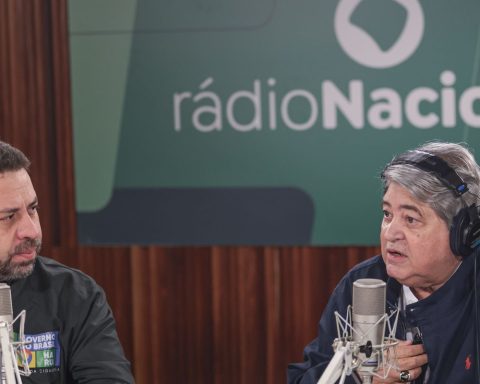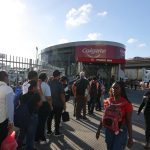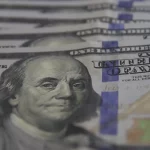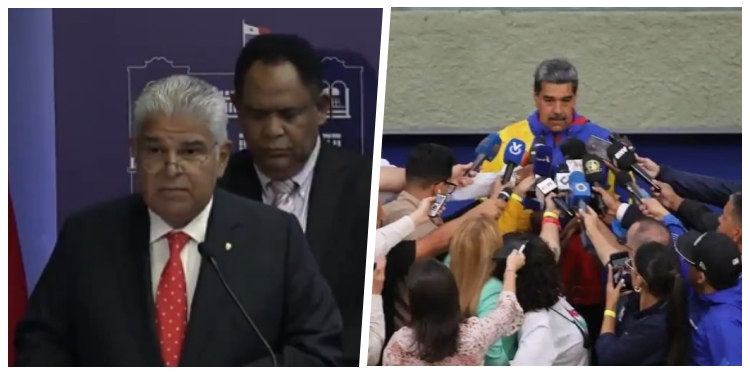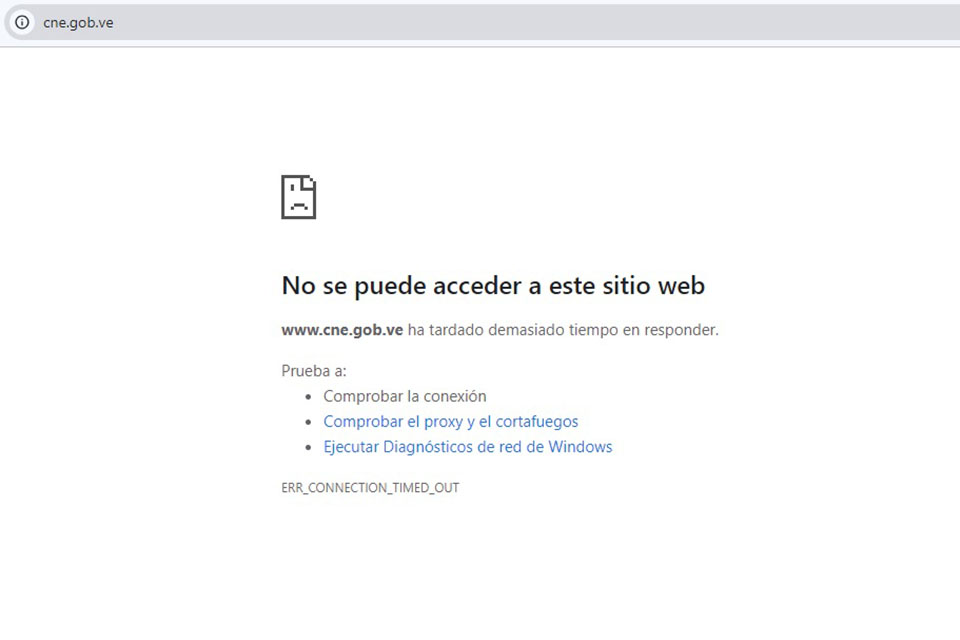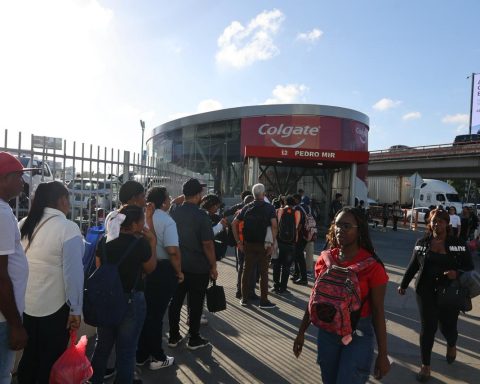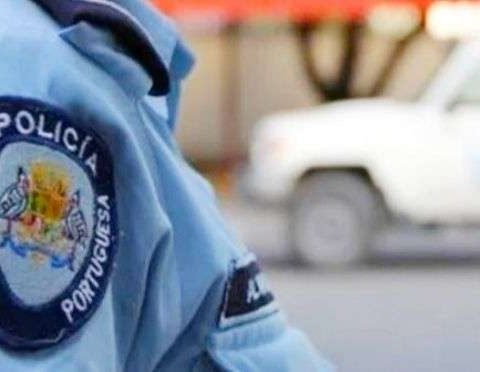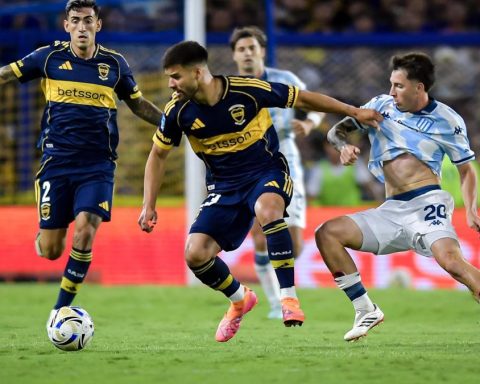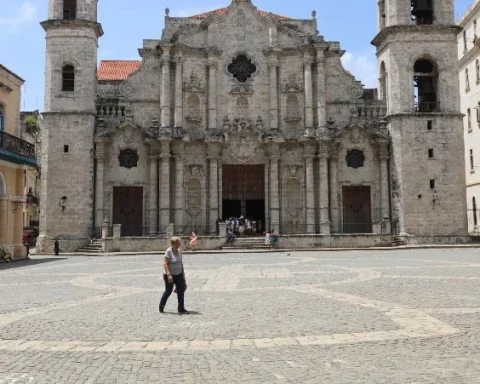Venezuela’s National Electoral Council (CNE) proclaimed, on Monday afternoon (29), Nicolás Maduro as president of the country for the period from 2025 to 2030, to serve his third term. Upon receiving the mandate from the CNE, Maduro accused an alleged coup d’état that was being prepared in the country.
“This is not the first time we have faced what we are facing today. They are trying to impose a coup d’état in Venezuela, once again of a fascist and counterrevolutionary nature. I can call it a kind of Guaidó 2.0,” said Maduro.
Juan Guaidó was a deputy of the country’s National Assembly who, in January 2019, declared himself president of Venezuela, having been recognized by around 50 countries, including the United States and members of the European Union.
“[São] “The same countries that today question the Venezuelan electoral process,” Maduro said. “The same far-right, the same groups led by the North American empire, are rehearsing the same operation,” he added.
The result issued by the CNE, recognized by some of the opposition candidates, was questioned by Maduro’s main opponent, former diplomat Edmundo González. The Electoral Council gave Maduro the victory with 51.21% of the votes against Edmundo González’s 44%, with 80% of the ballots counted.
According to opposition leader María Corina Machado, the current president’s opponents had access to 40% of the electoral records that would show Edmundo’s victory. Corina Machado then asked for a measure from the Armed Forces. “The military citizens. They were there, in the front row. They saw us with joy, with hope, organized in a civic, peaceful way and opening our arms to the entire country. They know. And the duty of the National Armed Forces is to ensure respect for the popular sovereignty expressed in the vote. And that is what we, the Venezuelans, expect from each of our military personnel,” she stated.
Attack hacker
The CNE reported that an attack hacker tried to destabilize the vote count in Venezuela, which would have delayed the announcement of the result.
In a statement on Monday, the country’s attorney general, Tarek William Saab, said that the attack was carried out from abroad and involved opposition leader María Corina Machado, who is expected to be investigated. Corina Machado has not yet commented on the allegations.
According to Tarek, the CNE should publish “in the next few hours” all the electoral minutes from more than 30 thousand polling stations, “as has historically been done thanks to the automated voting system”.
Election minutes
The National Electoral Council of Venezuela is expected to publish all the minutes with the election results by ballot box. This will allow us to verify whether the minutes in the possession of the CNE are the same as those printed at the time of the vote and distributed to opposition inspectors or national and international observers.
Leaders of countries around the world are divided between those who do not recognize the result, such as the presidents of Ecuador, Daniel Noboa, and Argentina, Javier Milei; those who do not reject the result but ask for the publication of the minutes, such as the leaders of Colombia, the United States, and the European Union; and those who congratulated Maduro on his victory, without contesting the publication of the minutes, such as Russia, Bolivia, China, and Cuba.
The Ministry of Foreign Affairs (MRE) of Brazil informed, through a note, that it awaits the publication by the CNE of “data broken down by polling station, an essential step for the transparency, credibility and legitimacy of the election result”.
The statement says that Brazil “further reaffirms the fundamental principle of popular sovereignty, to be observed through the impartial verification of results.”
Questioned by the opposition since at least 2004, the results of Venezuelan elections are often the target of distrust from part of the international community. However, in the last elections, international organizations such as the Carter Center and the European Union Observation Mission did not point out fraud in the vote and allegations of fraud claims past were not formalized in the country.
